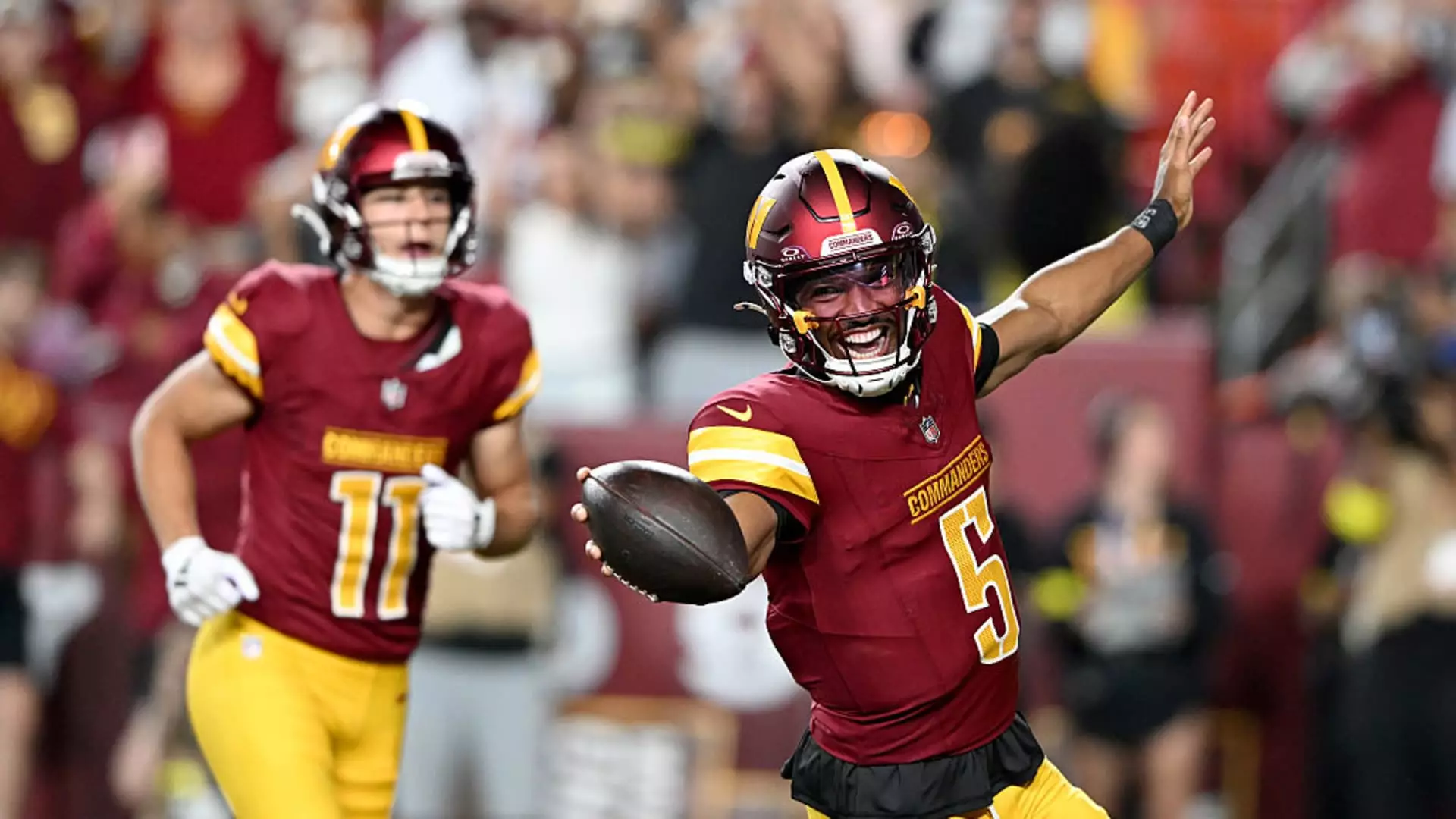Robinhood’s strategic move to incorporate football prediction markets signifies a bold attempt to redefine how retail investors engage with sports and finance. By enabling users to trade on NFL and college football outcomes, the platform blurs the lines between conventional investing, gambling, and entertainment. While this innovation might attract a new wave of users seeking thrill and diversification, it also raises fundamental concerns about the commodification of sports and the potential for fostering addictive behaviors. As Robinhood strives to position itself as a comprehensive trading hub, the underlying question remains: At what cost does this expansion come?
The Commercialization of Sports and Its Ethical Implications
Predictions markets have traditionally served as tools for hedging and information aggregation, but Robinhood’s adaptation transforms them into speculative playgrounds for everyday consumers. This raises troubling ethical issues, especially given the cultural significance and emotional investment many fans place in football. By turning game outcomes into tradable contracts, Robinhood risks reducing cherished sporting events to mere financial commodities. Such commercialization commodifies the human element and could distort the true spirit of competition, prioritizing profit over integrity and community values.
Risks for Investors and Society at Large
From a liberal center-wing perspective, the expansion into sports prediction markets must be carefully scrutinized for its societal impact. Gambling and betting, when left unchecked, can spiral into addiction and financial ruin. Robinhood’s prediction markets, designed for continuous daily trading, might inadvertently encourage compulsive behaviors, especially among younger or more impressionable investors. Furthermore, the potential for market manipulation or misinformation becomes more palpable when outcomes are tied to popular yet unpredictable events. If Robinhood’s platform becomes a breeding ground for reckless speculation, it might undermine the broader financial stability it claims to democratize.
Balancing Innovation with Responsibility
Robinhood’s ambition to integrate sports prediction into its ecosystem reflects a desire to push boundaries and innovate. However, innovation in this arena must be paired with safeguards that protect consumers from exploitation. Clear boundaries around betting behaviors, increased transparency, and user education are critical to prevent these markets from turning into gambling fests that prey on vulnerability. As a center-leaning liberal, I argue for responsible capitalism—where technological advancements serve societal good rather than merely exploiting interests or fostering risky behaviors.
While Robinhood’s move might seem like a lucrative leap forward, it ultimately exposes a recklessness that could harm individual investors and tarnish the platform’s reputation. As society grapples with the implications of turning sports into speculative assets, it’s vital we stay vigilant about the risks this trend poses. Innovation must be tethered to responsibility, especially when it involves the emotional fabric of a nation’s cultural pastime. Robinhood’s gamble on prediction markets is provocative, but unless tempered with caution, it risks undermining the very integrity of both sports and financial markets.

